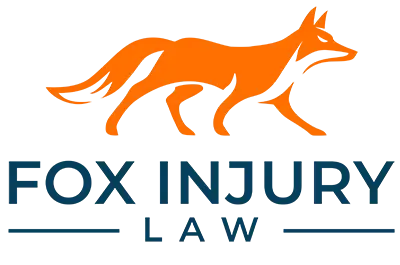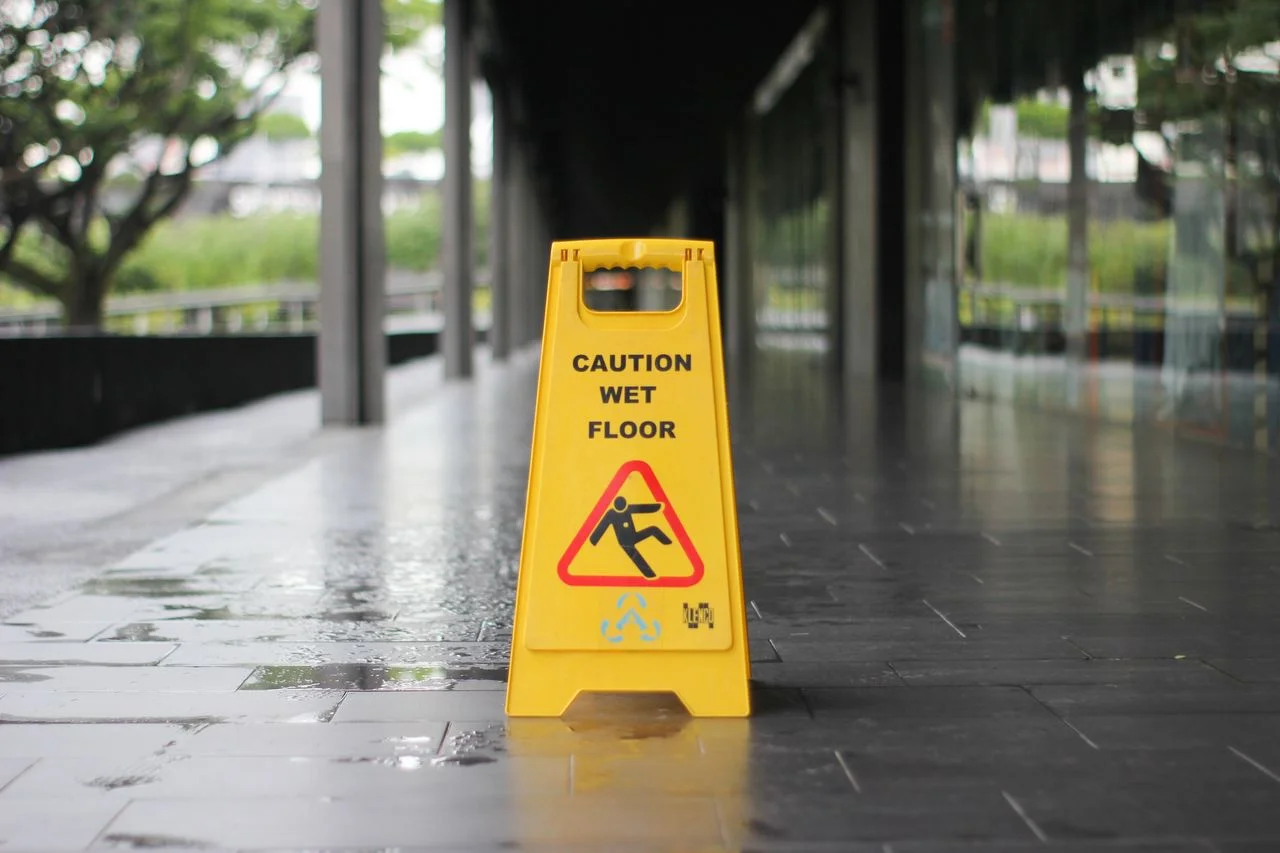When it comes to slip and fall claims, understanding the legal distinctions between public places and private properties is crucial. Georgia law treats these scenarios differently, impacting how liability is assessed and compensation is determined. In this guide, our Tucker slip and fall lawyers will help you explore the legal differences in slip and fall claims between public places and private properties to provide clarity for those seeking restitution.
Responsibility in Public Spaces
Public places, such as government-owned properties, parks, and sidewalks, fall under a distinct set of legal regulations. In Georgia, these areas are often maintained by public entities, introducing specific protocols for holding them accountable in slip and fall cases. When injuries occur on public property, claimants must follow stringent guidelines and adhere to shorter deadlines for filing a notice of claim.
Governmental Immunity
Public entities in Georgia may benefit from governmental immunity, which can limit their liability in certain situations. However, this immunity is not absolute, and exceptions exist, such as when gross negligence or failure to address known hazards can be demonstrated. Seeking legal advice promptly is crucial when pursuing a slip and fall claim on public property.
Liability on Private Properties
Slip and fall claims on private properties involve different considerations. Property owners, whether residential or commercial, have a duty to maintain a safe environment. Negligence, such as failure to address known hazards or inadequate maintenance, can establish liability in these cases.
Premises Liability Laws
Private property slip and fall claims often fall under premises liability laws. Property owners are required to exercise reasonable care in maintaining their premises. This includes addressing hazards, providing adequate warnings, and ensuring the safety of visitors.
Visitor Classification
Georgia law recognizes different classifications of visitors on private properties, such as invitees, licensees, and trespassers. The level of care owed by property owners can vary based on the visitor’s classification. Understanding these distinctions is crucial in determining liability.
Insurance Coverage
In private property slip and fall claims, insurance coverage plays a significant role. Property owners may have liability insurance to cover injuries that occur on their premises. Working with a personal injury attorney can help navigate the complexities of dealing with insurance companies to secure fair compensation.
Conclusion
Whether your slip and fall incident occurred in a public place or on private property, understanding the legal nuances is essential. The distinctions in responsibility, governmental immunity, and premises liability laws between public and private spaces can significantly impact the outcome of your claim. Seeking legal counsel early in the process will empower you to navigate the complexities of the legal system and pursue fair compensation for your injuries.



